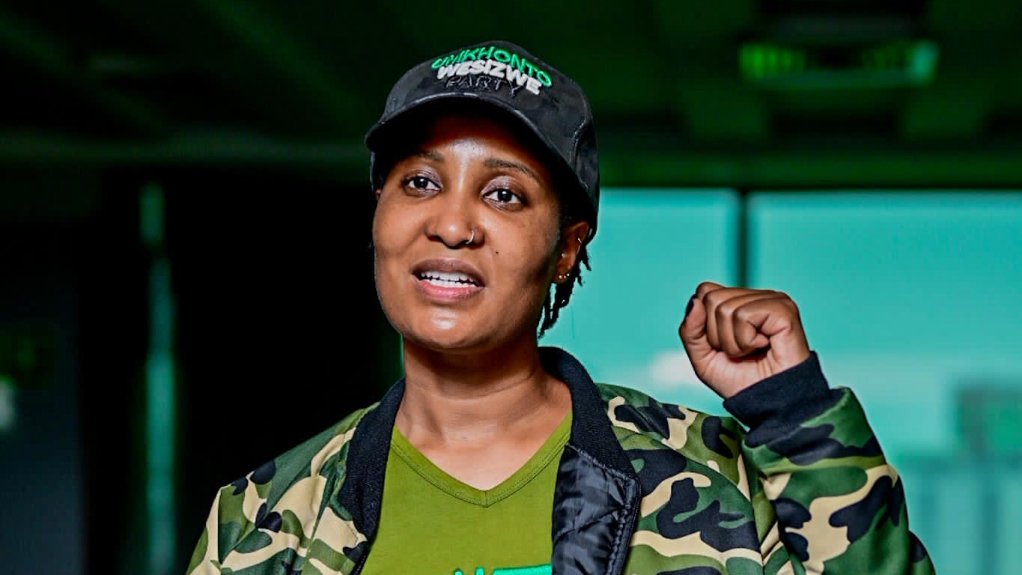A fresh chapter in South Africa’s long-running Zuma saga is unfolding as Duduzile Zuma-Sambudla, the 43-year-old daughter of former president Jacob Zuma, stands trial on terrorism-related charges. The case marks the first time in the country’s history that someone is being prosecuted for alleged incitement of terrorism through social media posts.
The charges stem from the violent protests that erupted in July 2021, following Jacob Zuma’s imprisonment for contempt of court. The unrest, mainly in KwaZulu-Natal and Gauteng provinces, left over 300 people dead and caused an estimated $2.8 billion in damage. Prosecutors allege that Zuma-Sambudla used her social media accounts to encourage the chaos, sharing videos and messages with hashtags like #FreeJacobZuma and phrases such as “Amandla” and “Azishe” Zulu words interpreted as calls to action.
Zuma-Sambudla, now an MP for the uMkhonto weSizwe (MK) party, denies the allegations, calling the state’s case politically motivated. Her lawyer has dismissed the prosecution’s evidence as “weak,” while she has mocked the charges, even appearing in court wearing a shirt reading “Modern Day Terrorist.”
Experts suggest the trial is both legally and politically significant. Willem Els from the Institute for Security Studies describes it as a test for South Africa’s ability to prosecute social media incitement cases, while others, like political analyst Prof. Bheki Mngomezulu, view it as a vendetta against the Zuma family.
Despite the seriousness of the charges, the National Prosecuting Authority faces challenges in proving intent and causation — that Zuma-Sambudla’s posts directly incited violence. Regardless of the verdict, the case is expected to reignite public debate over political influence, free speech, and accountability in post-apartheid South Africa.

